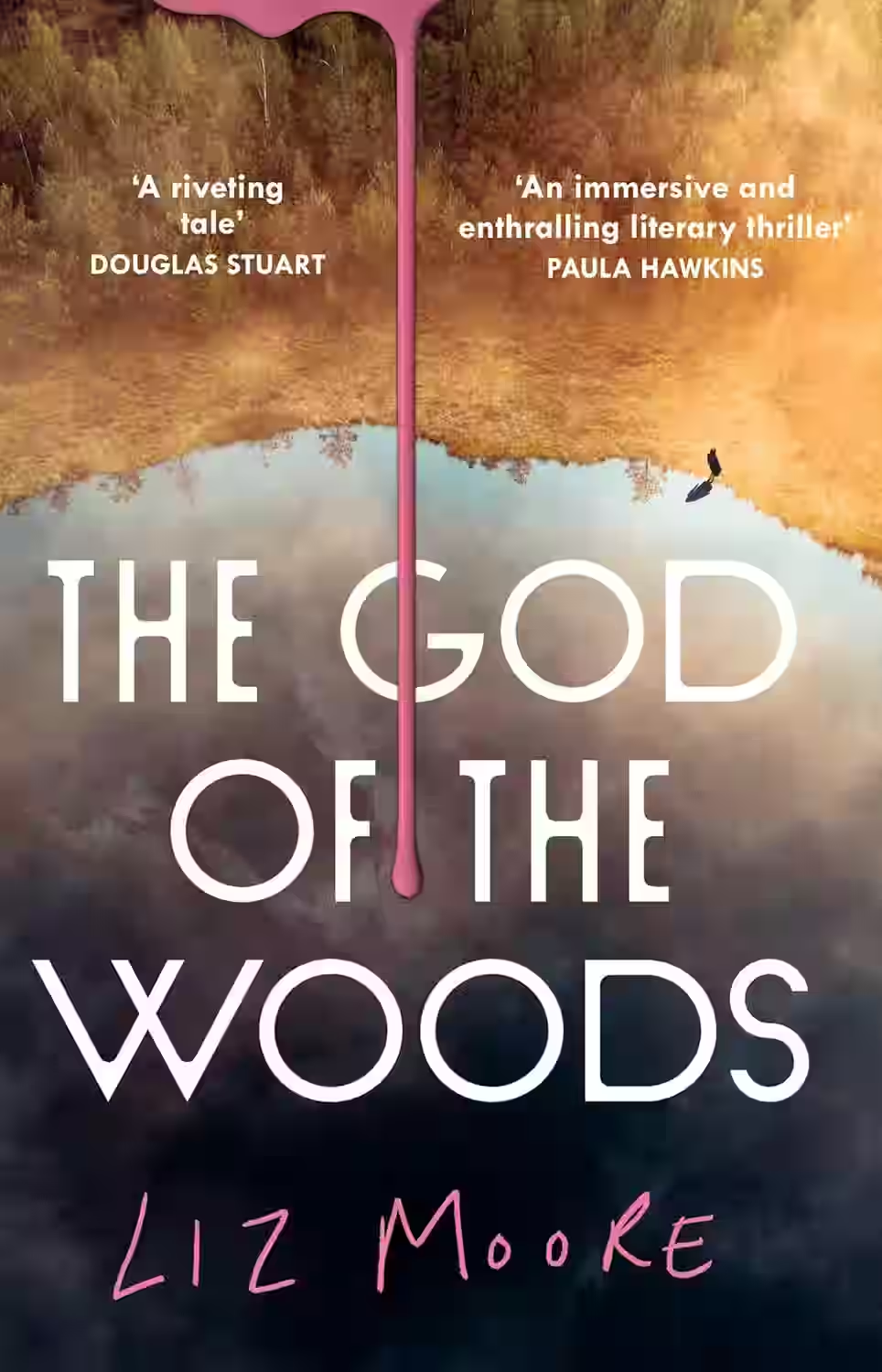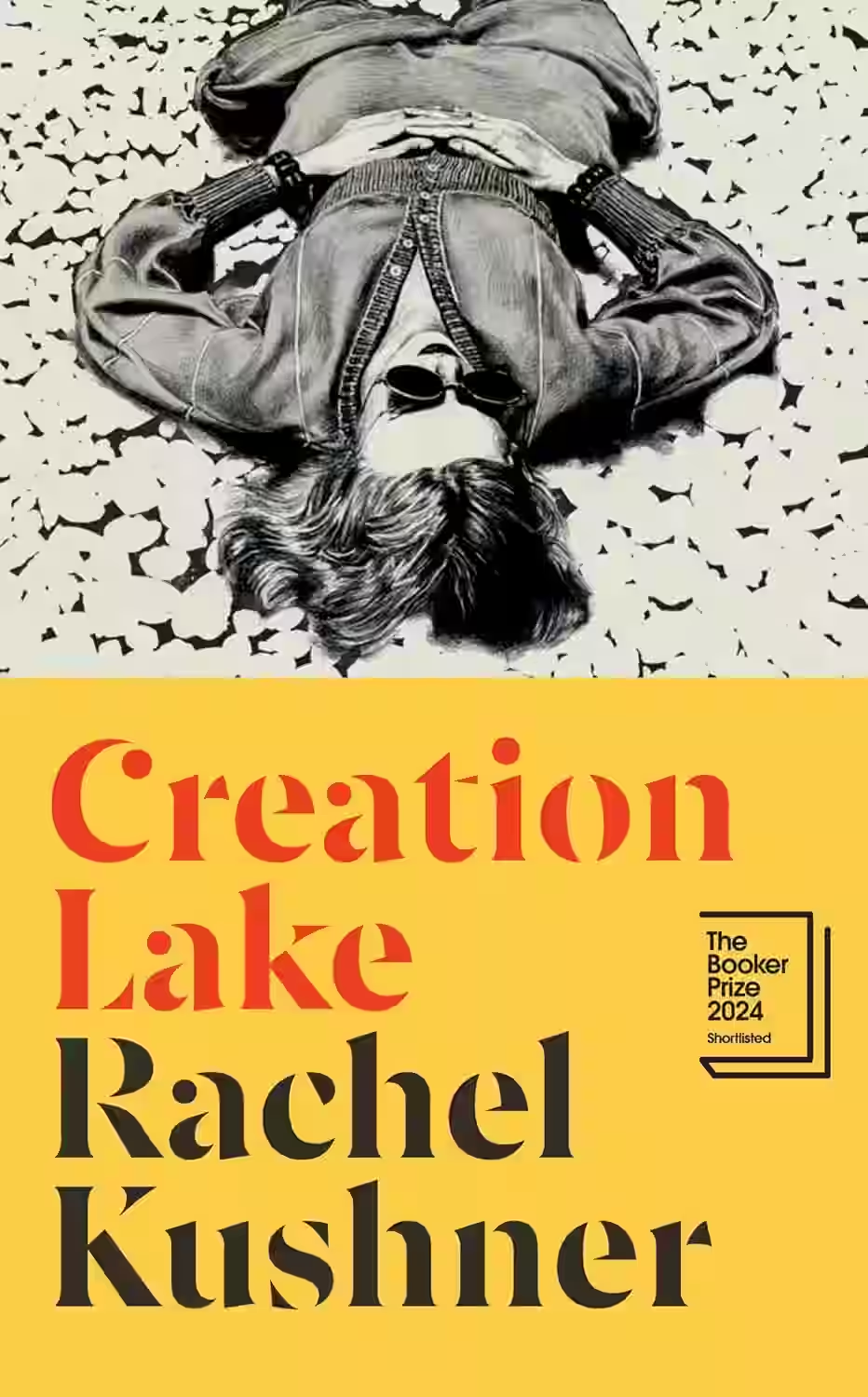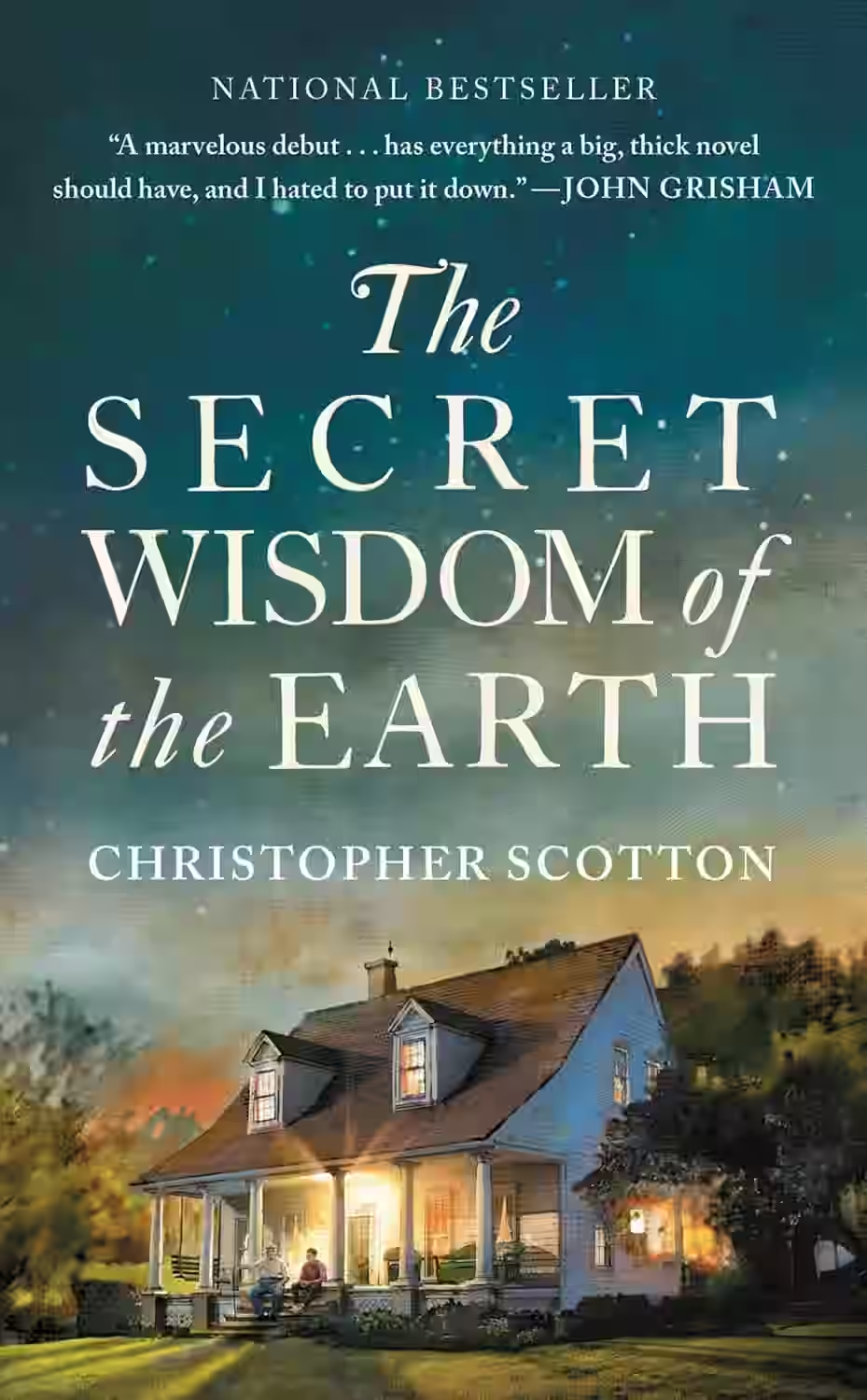
Thomas Pynchon's 'The Crying of Lot 49' is a masterful exploration of paranoia, chaos, and conspiracy set in the backdrop of 1960s California. This postmodern novel follows the protagonist Oedipa Maas as she is named the executor of her ex-lover's estate, leading to the uncovering of a shadowy organization known as the Tristero. Through a series of cryptic clues and encounters with eccentric characters, Oedipa's journey delves deep into themes of communication, existential uncertainty, and the elusiveness of meaning. Pynchon's peculiar prose, laced with dark humor and cultural critique, challenges readers to question the nature of reality and interpretation, leaving a lasting impact on modern literature.
About Thomas Pynchon
Thomas Pynchon, born May 8, 1937, in Glen Cove, New York, is an enigmatic and celebrated American author known for his intricate and challenging novels that often explore themes of conspiracy, technology, and entropy. A graduate of Cornell University, where he studied under Vladimir Nabokov, Pynchon emerged as a formidable voice in postmodern literature with his debut novel, 'V.' (1963). He solidified his legacy with the National Book Award-winning 'Gravity's Rainbow' (1973), a dense and sprawling narrative set during World War II. Pynchon's works, including 'The Crying of Lot 49' (1966) and 'Mason & Dixon' (1997), are lauded for their richly layered plots and eclectic blend of historical and fictional elements. Despite his reclusive nature, Pynchon's influence permeates contemporary literature, inspiring generations of writers to challenge conventional storytelling techniques. His rare public appearances and absence from media spotlight have only heightened the mythos surrounding him, making Thomas Pynchon a fascinating figure both on and off the page.
Similar Books

The God of the Woods
by Liz Moore
Set in the Adirondack Mountains in 1975, The God of the Woods by Liz Moore is a compelling mystery that begins with the disappearance of 13-year-old Barbara Van Laar from her summer camp. As the investigation unfolds, it delves into the hidden lives of the Van Laar family and the local community, uncovering long-held secrets and psychological tensions. Moore's narrative weaves a gripping tale of family dynamics, social class, and the haunting impact of past events, creating a suspenseful and emotionally resonant story.

Creation Lake
Rachel Kushner's Creation Lake is a provocative literary thriller that explores themes of espionage, ideology, and identity. The novel follows Sadie Smith, an American covert operative, as she infiltrates an anarchist commune in rural France. Tasked with manipulating a group of eco-activists, Sadie operates through deception and charm, navigating the complexities of communal life and personal morality. Kushner's narrative delves into the intricacies of radical politics and the blurred lines between truth and fabrication, offering a compelling examination of power and authenticity.

The Lovely Bones
by Alice Sebold
Alice Sebold's 'The Lovely Bones' is a haunting and emotionally resonant novel that delves into the aftermath of a young girl's brutal murder. Narrated from the perspective of the victim, Susie Salmon, the story explores themes of grief, loss, and the intricate connections between the living and the dead. As Susie watches from her personal heaven, she witnesses how her family and community cope with her absence and strive to find closure. Sebold's lyrical prose and poignant storytelling offer a unique exploration of tragedy and healing. 'The Lovely Bones' is a compelling and thought-provoking read that lingers with readers long after the final page.

The Secret Wisdom of the Earth
Christopher Scotton's 'The Secret Wisdom of the Earth' is a heartwarming and compelling novel that melds coming-of-age themes with environmental and socio-political commentary. The story follows fourteen-year-old Kevin, who, after a family tragedy, is sent to spend a summer in a small Appalachian town with his grandfather. Scotton beautifully captures the complexities of grief and healing against a backdrop of a community grappling with the moral and environmental impact of mountaintop removal mining. The novel weaves together rich character development, intricate relationships, and poignant reflections on humanity’s connection to nature. It’s a profound narrative that explores themes of loss, resilience, and hope, leaving a lasting impression on its readers.